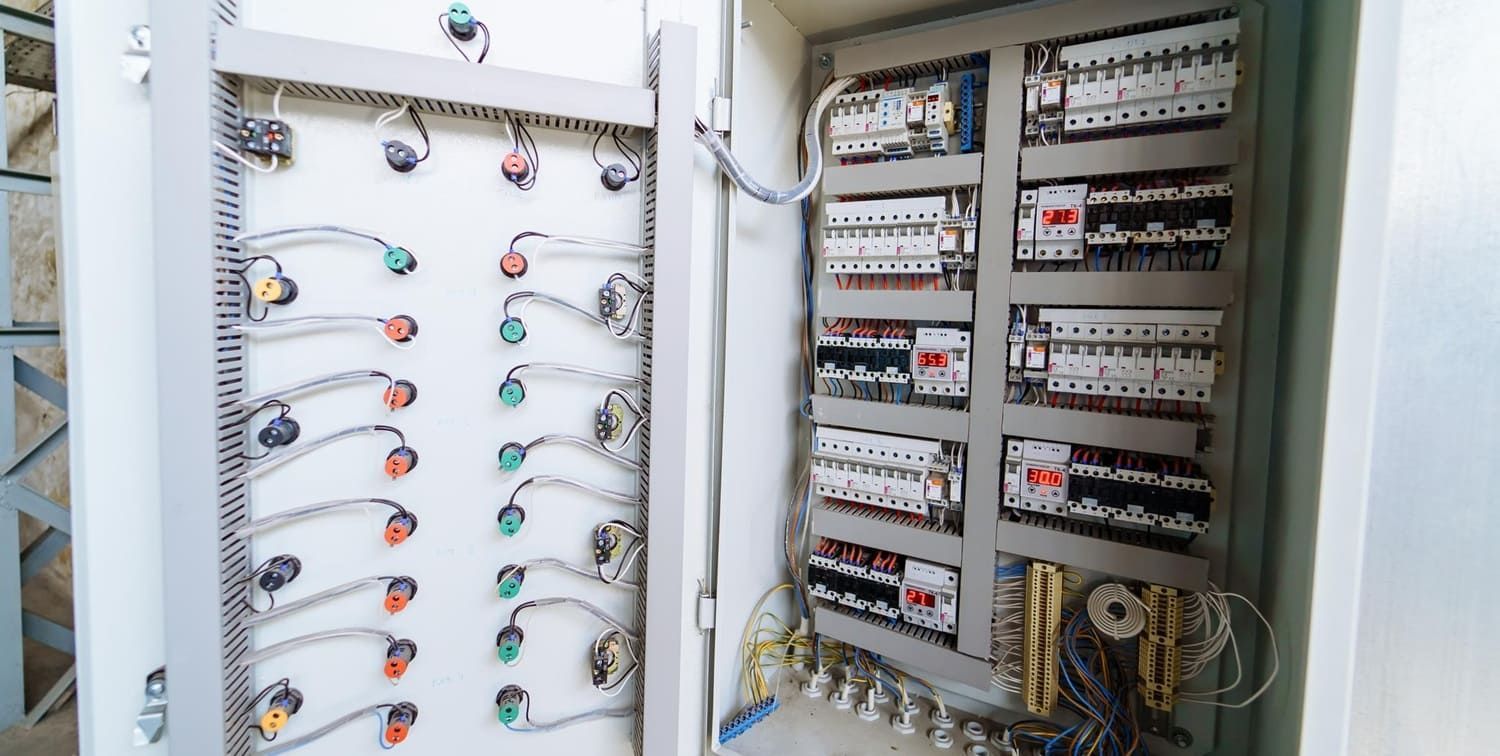The Common Causes and Solutions for Flickering Lights in a Home
Flickering lights are an annoyance but could also mean bigger issues within the home! Learn what's causing the lighting issues and how it's fixed in our guide!

Over 50,000 home fires begin each year from faulty electricity, injuring thousands of family members and friends.
Have you or a loved one ever experienced a home fire?
This is a nerve-wracking yet common occurrence that can lead to deadly results. We are here to help you avoid electrical issues that can put you in an unsafe place. Paying attention to flickering lights is an easy way to stay informed and defended.
Blinking lights are irritating to anyone in a home or office. But they also can be the sign that more severe electrical issues are at hand. Knowing what a potential cause and solution to fix flickering lights is vital.
Continue reading for the six primary reasons your lights may be inconsistent and consuming more or less energy than needed.
Loose Bulbs
Loose bulbs are one of the most common causes of flickering lights and the easiest to fix. Bulbs that fit loosely in the sockets receive unsteady energy from the electrical system. This causes an inconsistent stream of light.
You should always check to see if the bulb is secured in the fixture when you notice a flicker. Let the bulb cool and then tighten with gentle, steady motions.
You need to know what type of lightbulb you have to diagnose the cause of the flicker. Fluorescent bulbs often flicker as they heat up when first turned on. LED bulbs may flicker if on a dimmer switch as the switch handles much higher energy loads than a single bulb.
Your bulbs may be incompatible with your light dimmers. If you have a dimming system within your home or property, read through the manual to double-check what type of bulb and wattage are suitable.
2. Voltage Connections
Flickering lights could be a sign of voltage fluctuations caused by significant appliances.
Homes run on an average of 200 amps (the strength of the electrical current) for their central electric system. Turning on a big appliance may cause flickering lights as it draws a larger amount of power. The diverted power to the appliances drops the voltage through the rest of the property.
Random spikes of higher voltage also point to technical issues that need to be solved by the experts.
Your appliances may need a rewire to ensure they are pulling energy efficiently. Call an electrician to have them explore the wiring and ensure your home has the most efficient lighting services.
3. Old Wiring
Flickering lights should be taken seriously, no matter how small you may find the issue. Old or loose wiring is one of the causes and a significant concern for homeowners.
Faulty wiring is a leading source of house fires that could be avoided when paying attention to your lighting services. Outdated switches or dimmers also aggravate the steady flow of energy to your lights.
Gaps are common when wiring is loose or aged. Electric currents will jump these gaps in a process called arcing. Each jump carries a charge at temperatures over thousands of degrees Fahrenheit.
This makes arcing a deadly reality for the thousands of homes that catch fires each year.
Prioritize your safety by keeping your home's wiring and electric needs updated. Having an electrician switch out wires or dimmer switches would help you avoid flickering lights, at best, and fires, at worst.
4. Circuit Overload
A circuit breaker is a major point of entry for your home's electrical needs. Overloading your circuit can be the reason for flickering lights as the system wears down from constant use. This can also cause long-term damage to your appliances!
Persistent and harsh flickering tends to be a sign of circuit overload. You should be cautious when using your circuit breaker if this is the case.
You can use your circuit to find the cause of flickering lights by powering each load on and off. Listen for any buzzing per switch as that can be a sign of faulty electricity.
If you overload your circuit, you should contact an electrician to ensure your breaker works best.
5. Electric Utility Service
Living in a neighborhood means you are likely sharing a transformer with several other homes or offices on your block. You and your family use a fair amount of energy every day. Imagine that multiplied by several families on the street.
The energy that all homes consume can overload the electrical systems and create flickering lights.
Your neighbor may be using a higher load of energy for construction work or a family gathering. But if flickering lights continue, contact your electric utility service to check on potential repairs.
6. Faulty Main Connection
The meter box measures the amount of electrical current your house draws. A faulty or overloaded meter box connection could be the reason for flickering lights in your home.
Do your lights flicker when you turn on a big appliance? Is there only one bulb that tends to flicker? If your flickering issues appear more inconsistent and throughout the house, your meter box may be a culprit.
Call your electric service to describe the problem and have them check the meter or main service connection. You will solve your problem safer and quicker when getting the right help.
Take Care of Flickering Lights ASAP
Flickering lights are annoying and uncomfortable to deal with as your eyes try to adjust to your home or office lighting. But they can also be the sign of much greater electric issues that need expert help to repair.
Take notice of when and how often the lights flicker in your home. You may be able to attach the nuisance to turning on a higher energy appliance or turning on a light. If the flickering is inconsistent and strong, you should call an electrician to check wiring, meter boxes, and circuit breakers.
You can never be too safe when it comes to the energy in your home! Get an estimate from Buell Electric, of our electrical services and learn how to wire your space for fire-free efficiency.















